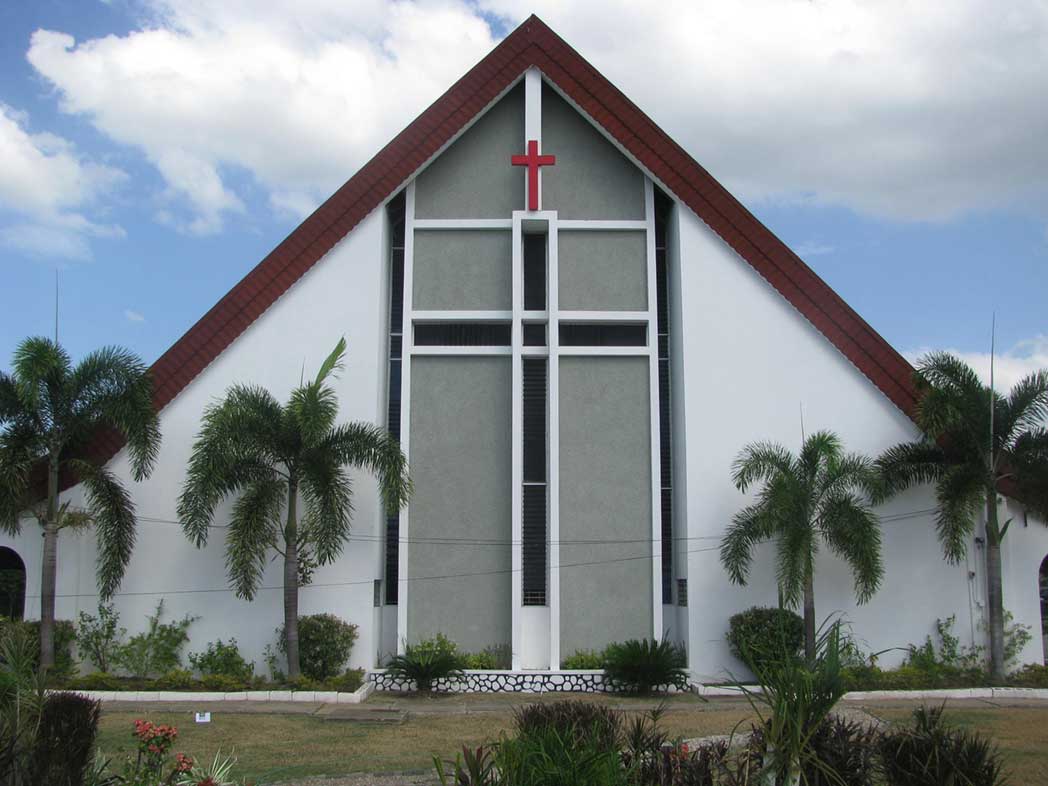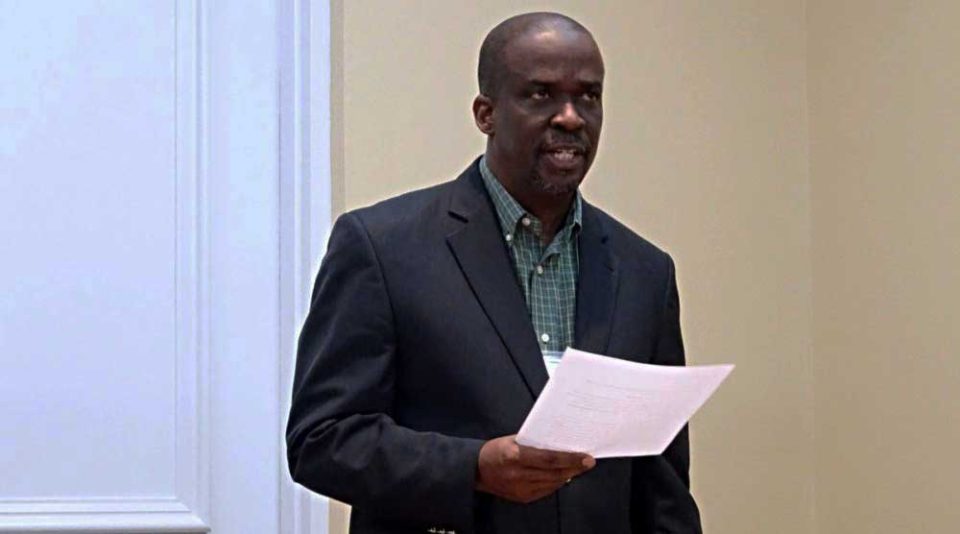Devon Dick is pastor of the Boulevard Baptist Church in Kingston and the immediate past president of the Jamaica Baptist Union. Revd. Dick is also an historian, so it is not surprising that he should use the comment above as the topic for his forthright presentation to the Baptist World Alliance, held in Nassau Bahamas from July 10-12, 2019 during which he urged Baptists to join the cause of justice and advocate for reparations.
“God has done us an injustice” is not Dick’s own words. The title of his call for the Church to support reparation,derives from a comment made in 1835 by one James Beard a recently emancipated enslaved Methodist class leader when he was told that God supported the Act that made him and other ex-slaves Apprentices rather than giving them full freedom. Apprenticeship, as we know, was worse than slavery because the enslavers knew they had a limited time to squeeze the last drop out of the former slaves without any regard for their welfare since Africans would no longer be their chattel.
Dick was quick to point out that the comment was a tongue-in-cheek observation because the very idea of God has the inherent quality of being perfectly just. Thus, it was not a criticism of God but a judgment on the white enslavers’ God who had done an injustice. Why? Because Africans knew that their God was a God of justice who wanted Blacks to experience full freedom and to live in a just society. In the same breath Dick argued that for those who profited from the outrageous wrong of the transatlantic trade in Africans and in slavery itself, to NOT pay reparations was to make God out to be a god of injustice.

In explaining the Christian case for reparations that is grounded in the Bible, Dick referenced multiple verses, including Deutoronomy 15:12-13 and Exodus 22:1 but he was especially focused on the story of Zacchaeus in Luke 19:1-10. Describing Zacchaeus as one who was enslaved to money and who had therefore become isolated from God and human beings, Dick explained that justice is about liberating both the oppressed and the oppressor. Zacchaeus’ dual decision to give half of his wealth to the poor and at the same time repay fourfold those he defrauded, was for Dick a perfect example of the distinction between AID and REPARATION. Aid is what all persons of means are required to do to alleviate those who are poor or less fortunate. Reparation is not an option; it is an obligation. Wrong done must be appropriately vindicated. The two- aid and reparation- must never be confused.
Like all other advocates for reparations Dick, is at pains to point out that reparation is more than being about money and an apology. Reparation is about that and more. It involves the restoration of the dignity and recognition of the immeasurable worth of each person. Reparation seeks closure on the indignities, the discrimination, the cultural genocide, the spiritual ex-communication, the rape and the killings in order to facilitate reconciliation. Its ultimate goal is the transformation of a community.
Dick is unequivocal in his call for action by the Church. The present challenge to Baptists he argues, is that there is no place to remain neutral in relation to the issue of reparations. Moreover, there is the need for critical self-examination of the role the church played then and now and he poses to the brethren certain searching questions; did the Church benefit from laws that protected it but were of no concern to the welfare of the enslaved peoples? Did the planters in the colonies not pass laws inimical to the welfare of the enslaved that had the approval of bishops as they passed through the House of Lords in England? Does the Church have property it acquired during slavery that remains of benefit to it today?
The issue is not whether the Bible supports reparations but whether the Bible would support a call for reparations in the case of chattel slavery executed by Europeans. Answering his own question whether British government sanctioned slavery fits the biblical warrant for reparation with a resounding ‘YES’, Dick concludes that a case can indeed be made for reparations, predicated on a biblical principle of compensation for immoral behaviour. God would indeed have done us an injustice if we claim that God desires and intends that there be no reparations by the British for chattel slavery in the Caribbean, while compensating the enslavers. It would mean other races and victims would have been worthy of compensation but not persons of African descent – no money, no land, no school, no house and only a church where they are considered second class Christians. However, God is a God of justice and requires justice in mission of which reparation s is one such cause.
Devon Dick is Pastor of the Boulevard Baptist Church in Kingston, Jamaica and a regular columnist in the Gleaner newspaper. He is the author of two books: The Cross and the Machete: Native Baptists of Jamaica, Identity Ministry and Legacy(2009) and Rebellion to Riot: The Jamaican Church in Nation Building (2004).



1 comment
God gave us Jesus.
Comments are closed.